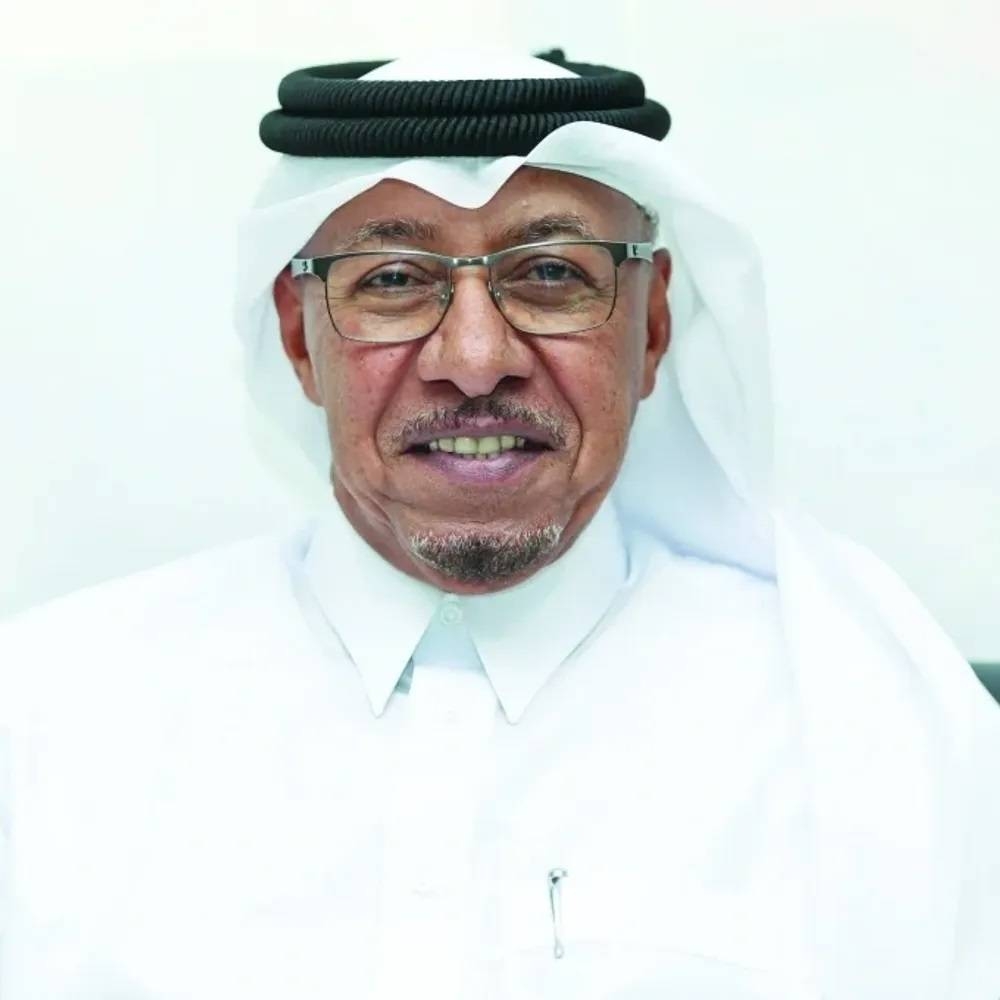Mubadara for Social Impact has joined the United Nations Global Compact (UNGC), the largest corporate sustainability initiative in the world.
By joining UNGC, Mubadara calls to support the ten universally accepted principles in the areas of human rights, labour, environment and anti-corruption and to take action in support of UN goals and issues embodied in the Sustainable Development Goals. With Mubadara, the number of Qatari member institutions joining UNGC goes to 19 and this the first institution from Qatar to join the Global Compact this year.
Dr Saif Ali al-Hajri, president of Mubadara, said: "Mubadara has always been committed to incorporating the principles of the Global Compact into its strategy, culture and field of work and forging partnerships that seek to make tangible progress towards sustainable development. We are delighted to take this step and join over 17,000 companies and 4,000 non-business participants from around the world that are committed to building a sustainable future.”
“We are proud of what Qatar has done towards enriching the principles of the United Nations Global Compact and the achievements made by Qatar in the field of social responsibility, which everyone is aware of. It is clear that the principles of the Global Compact are in line with the Qatar National Vision 2030, whose four pillars include human development, social development, economic development, and environmental development.”
Jack Saba, general manager of Mubadara, added: "Our commitment is to educate the private sector about the UN Global Compact as a framework that allows institutions in general to commit to aligning their operations and strategies with the 10 principles in the fields of human rights, labour, environment and anti-corruption. The vision of the organisations that join the Global Compact is consistent in terms of their belief and the application of business practices. The trade of Global Principles contributes to a more stable, equitable and inclusive global market that will help build prosperous societies.”

Dr Saif al-Hajari
